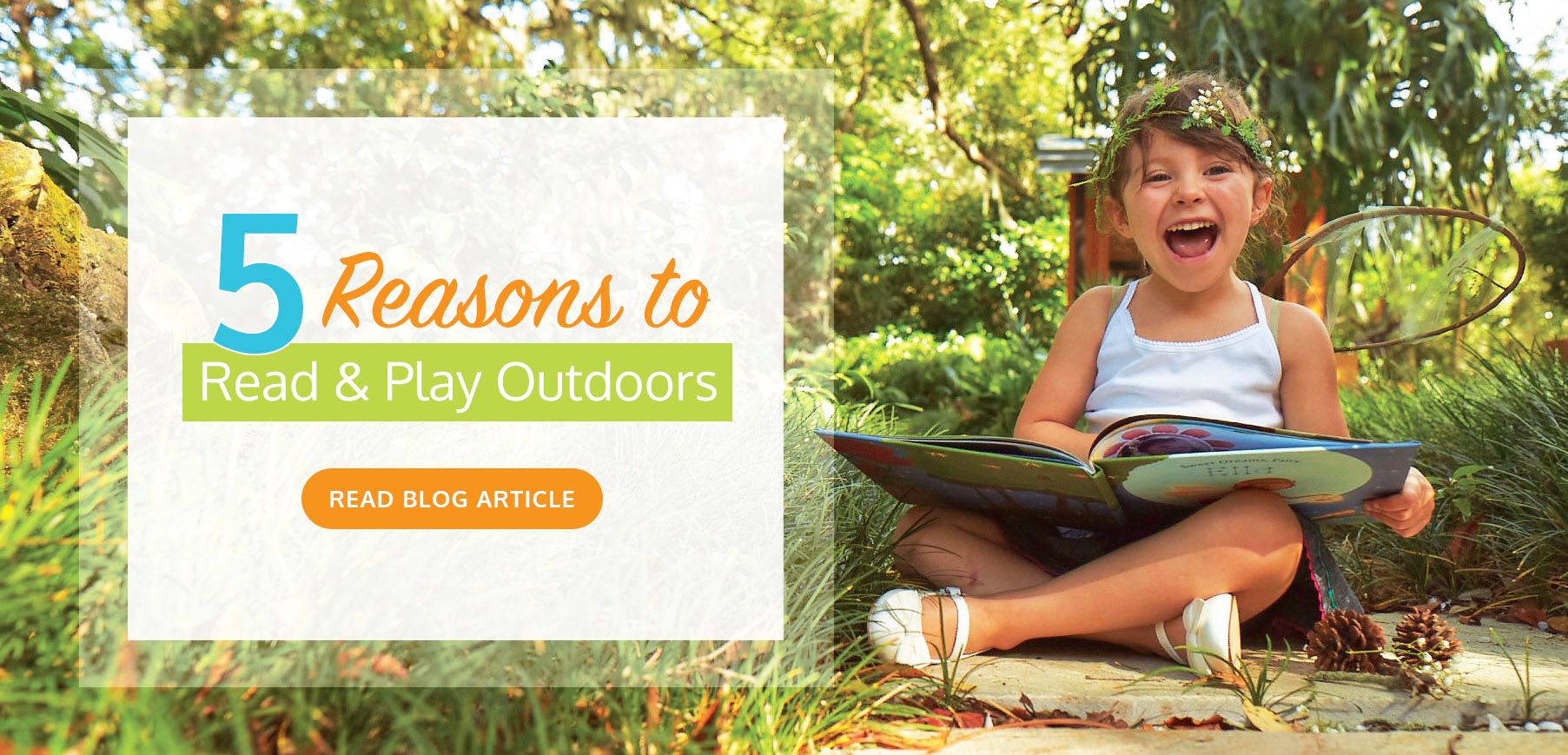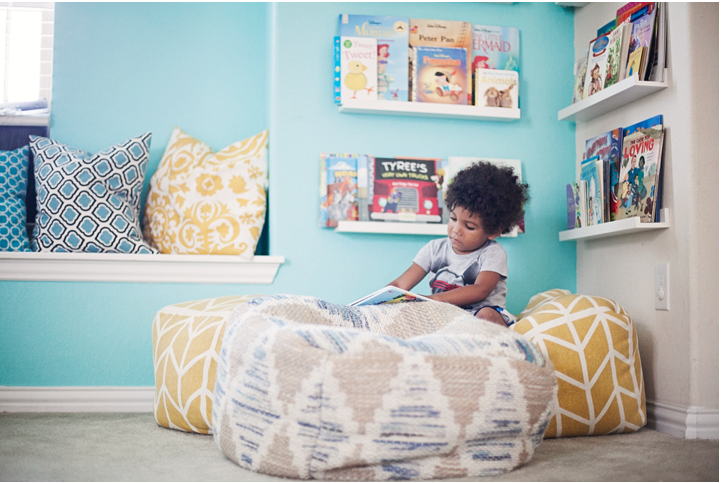
A number of factors have led to American children spending more and more time indoors. Passive entertainment such as television, computers, and video games can make it difficult to get the kids outside. Concerns with safety make many parents leery of unsupervised outdoor play, while busy adult schedules often interfere with supervised play. Still, it’s well worth the effort to encourage children and play and read outdoors.
Healthy Living
Childhood obesity rates are at an all-time high. Doctors are seeing hypertension and arteriosclerosis-two significant heart disease risks-developing as early as age five. Clearly, children need to be more active. Nothing burns calories better than playing outside.
Outdoor play has mental as well as physical advantages. Exposure to outdoor light helps regulate the body’s internal clock, and stimulates the pineal gland-a part of the brain that plays a role in strengthen the immune system. Kids who play outside also tend to be happier and sleep better after a full day’s play.
Sensory Exploration
When children play outside, they use all their senses. While television and video games only stimulate sight and sound, outside offers a world to see, hear, touch, smell and (when appropriate) taste. This helps kids develop their ability to interact with the world around them in a way electronic entertainment cannot. And while indoor kids are expected to maintain a certain level of quietness, outside lets them let loose to shout, sing, and act like, well, kids.
Social Interaction
Free play teaches children important lessons in communication and cooperation. They learn to keep score during games, to resolve conflicts and arguments, and to work together.
Encouraging Reading through Outdoor Play
You can stimulate outdoor learning by guiding children towards books and information that support their outside interests. Children who love nature can read up on local animals, plants, and gardening. Kids who enjoy sports or games can read about the rules or famous sports players. Use books to encourage outdoor activities, and watch children outdoors to get ideas for books they might enjoy.
Family Time
Not all outside time needs to be spent kicking balls, swinging on tree branches, or playing tag. Teach your children how relaxing the outdoors can be by moving reading time outside on nice days. Set up a comfortable chair, a hammock, or lie under a tree on a soft blanket with some pillows. Choose books that relate to the outdoors, or pick a chapter book and read a chapter a night together. Reading with the soft sounds of rustling leaves and birdsong gives children a totally different experience from reading indoors, and reinforces that a good book can be enjoyed anywhere.



